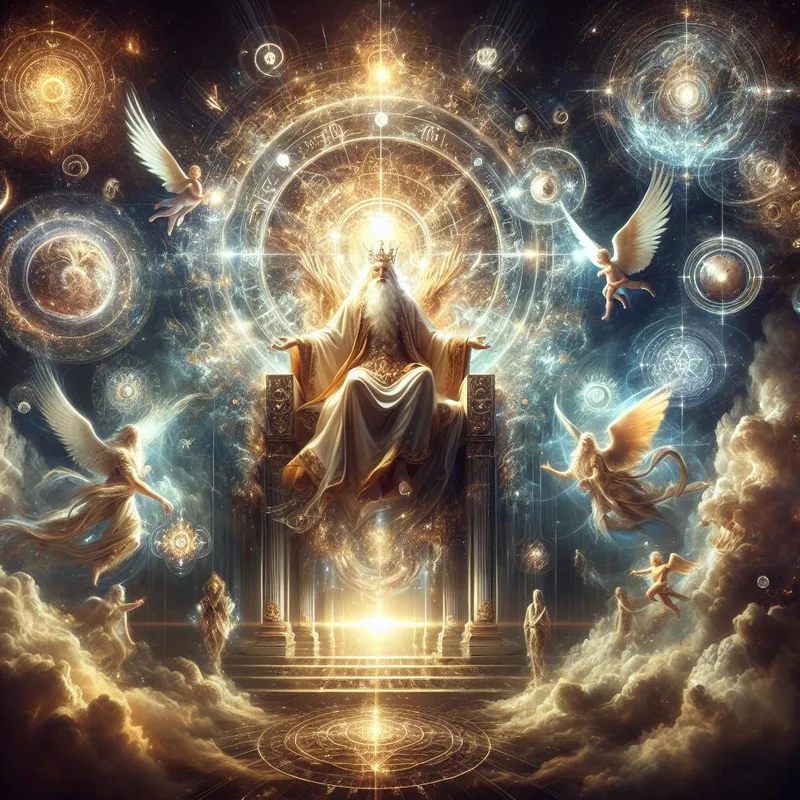
'Eternal God: Unveiling the Infinite Grace and Endless Love'
Posted on 30 June 2024
Eternal God
The concept of an eternal God refers to a being who has no beginning and no end. In the Bible, we are told that God is eternal, existing from everlasting to everlasting (Psalm 90:2). This means that God has always been, and will continue to exist forever. It can be difficult for us, as humans who measure everything in time, to fully grasp the idea of something that has no beginning or end. However, the Bible simply starts with the statement "In the beginning God..." (Genesis 1:1), implying that God already existed at the start of recorded time.
The Self-Existence of God
When Moses asked God what His name was, God replied, "I AM WHO I AM" (Exodus 3:14). This name signifies the real being of God, His self-existence. It means that He is the Being of beings and describes His eternality, immutability, and constancy in fulfilling His promises. The name "I AM" encompasses all time—past, present, and future. It emphasizes that not only is God what He is at present, but He has always been and will always be. This declaration from God Himself speaks to us through the pages of Scripture.
Jesus Christ: The Eternal God Incarnate
Jesus Christ, as the incarnation of God, also affirmed His deity and eternality during His time on Earth. He declared to the people, "Before Abraham was born, I AM" (John 8:58). By making this statement, Jesus was claiming to be God in human form. The Jews considered this blasphemy and sought to stone Him to death because declaring oneself to be the eternal God was seen as a grave offense. The apostle John further affirmed this truth about Jesus' nature when he wrote, "In the beginning was the Word, and the Word was with God, and the Word was God" (John 1:1). Jesus and His Father are one in essence, existing outside of time, and equally sharing the attribute of eternality.
Creation Reveals God's Eternality
Romans 1:20 tells us that God's eternal nature and power are evident through His creation. When we observe the natural world, we can see evidence of God's eternality. The sun and the heavenly bodies continue in their predictable orbits, season after season comes and goes, and trees produce leaves in spring and shed them in the fall. These consistent patterns testify to God's eternal power and plan for the Earth. Just as creation continues on its course, one day, God will create a new heaven and a new earth that will also endure for eternity. As believers in Christ, we will share in this eternal existence with our God, as we are created in His image.
Why This Matters
Understanding God's eternality is essential because it reveals His infinite nature and sovereignty over all things. Recognizing that He has no beginning or end helps us grasp His timeless wisdom, love, and faithfulness. It reassures us that He is in control of our lives and has a plan that extends beyond our earthly existence. Knowing that Jesus Christ is the eternal God incarnate gives us confidence in His ability to save us and provide eternal life through faith in Him. It also challenges our understanding of time and encourages us to trust in God's perspective rather than our limited human understanding.
Think About It
Take a moment to reflect on the concept of eternity. How does understanding God's eternality impact your view of Him? How does it influence your perspective on time? In what ways can you rely on God's timeless wisdom and love in your daily life? Consider how embracing the eternal nature of Christ can shape your faith and give you hope for the future.
